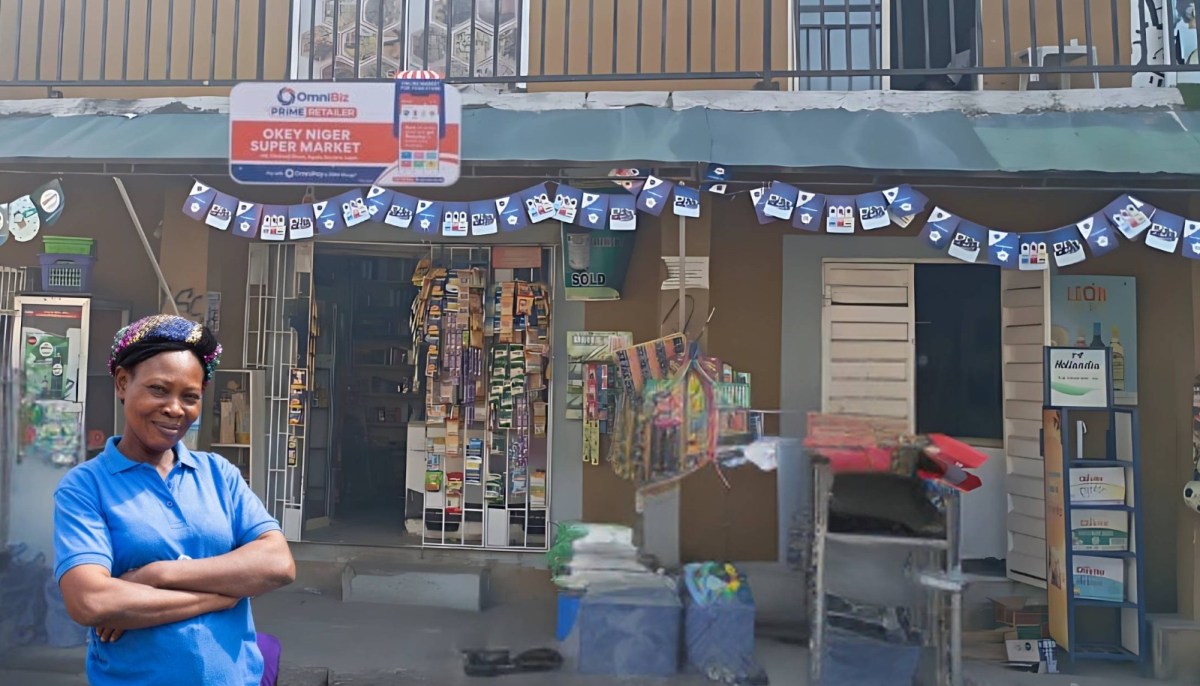Introduction to OmniRetail’s Recent Funding
When Deepankar Rustagi last secured funding for OmniRetail in 2022, there was significant enthusiasm for African startups addressing supply chain and operational challenges in the fast-moving consumer goods (FMCG) sector. At one point, these startups received more capital than all sectors except fintech. However, the industry’s enthusiasm and venture capital’s interest have since faded due to various business models struggling under mounting pressure.
OmniRetail’s Vision and Recent Funding
For Rustagi, OmniRetail is more than just a B2B commerce platform; it’s an ambitious effort to reshape informal retail across Nigeria and West Africa using technology and embedded finance in a scalable, profitable way. This vision has received further endorsement with a $20 million Series A equity funding round, which will help OmniRetail expand its presence in Nigeria, Ghana, and Ivory Coast, while deepening its focus on embedded finance products.
Funding Round Details
The round was co-led by Norwegian development finance institution Norfund and Lagos-based VC firm Timon Capital, with follow-on participation from Ventures Platform, Aruwa Capital, Goodwell Investments (via Alitheia Capital), and Flour Mills of Nigeria. This marks Norfund’s first direct equity investment in an African startup, putting OmniRetail on a path to dominating a segment where others have struggled to grow profitably.
OmniRetail’s Model and Impact
OmniRetail has raised $38 million in equity and debt since its inception in 2019. The company’s model digitizes order management for 145 manufacturers, more than 5,800 distributors, and services over 150,000 informal retailers across 12 cities in Nigeria, Ghana, and Ivory Coast. Retailers use the app to order inventory, access working capital, and make digital payments, with a third-party logistics network of over 1,100 vehicles and distributed warehousing capacity managed by 85 local logistics partners.
Asset-Light Strategy and Profitability
OmniRetail’s asset-light strategy has been crucial in achieving profitability. In 2023, the company became EBITDA positive, and in 2024, it turned net profitable. A similar story is unfolding in Egypt, where another B2B e-commerce platform, Cartona, owes its push toward profitability to a similar model. Both CEOs have noted that Africa’s informal market is vast and made up of suppliers and distributors that don’t need to be displaced or competed against, but rather made more efficient with the tech tools provided by their platforms.
Future Plans and Expansion
With the new funding, OmniRetail plans to continue growing its retailer base and expand into new product categories like personal care, home care, and cold storage. The capital will also upgrade its infrastructure, enhance its credit underwriting tools, and strengthen partnerships with domestic debt providers. Some of its next moves include a debt raise for inventory finance and strategic acquisitions.
Partners’ Perspectives
For Norfund, OmniRetail represents more than just a fintech or commerce bet; it’s infrastructure. “Embedded finance is one of the most transformative tools for small business growth in Africa,” said Norfund Investor Director Cathrine Conradi. “OmniRetail’s model brings capital to areas where traditional systems haven’t reached.” Meanwhile, Timon Capital, which backed OmniRetail from its seed stage, sees this as a breakout moment for the company, with OmniRetail having hit an inflection point in distribution, payments, and credit.
Source Link





